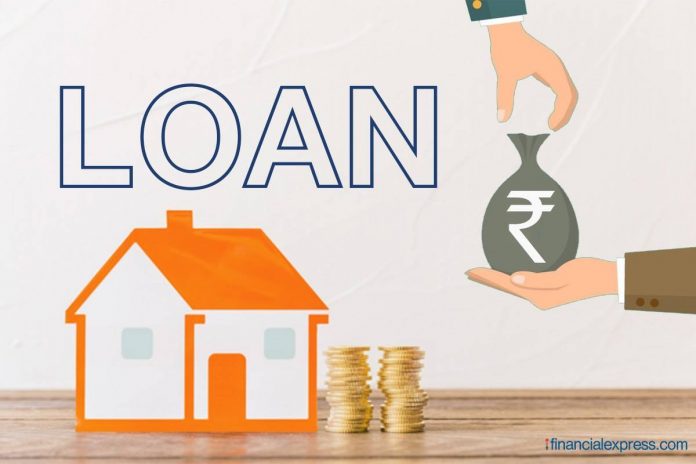Lenders examine a number of criteria while considering your home loan application. Your income, income, age, remaining working age, LTV ratio, property features, and current loan payback responsibilities are the most important. Failure to meet the lender’s cut-off might result in your home loan application being denied.
Here are five sensible strategies to improve your chances of getting a house loan:
Increase your down payment or margin contribution
The RBI enables lenders to finance up to 75%-90% of a property’s worth with a house loan. The remaining percentage of the property’s cost must be paid for with the borrower’s own funds as a down payment or margin contribution. For starters, obtaining a lesser loan amount would result in cheaper EMIs and interest costs. Furthermore, making a larger margin contribution or down payment decreases the lender’s credit risk, increasing the likelihood of your home loan acceptance at lower interest rates.
By including a co-applicant, you can obtain a combined house loan
Loan applicants with inadequate income, a low credit score, greater overall EMI responsibilities, and so on are more likely to be rejected for a house loan. Such borrowers can increase their loan eligibility by including a family member, preferably one with a stable income and a strong credit score, as co-applicant(s). Aside from increasing your chances of loan approval, having a co-applicant might also improve your eligibility for a larger loan amount. Involving female co-applicants may also result in cheaper loan rates from some lenders.
Choose a longer payback period
Choosing a longer loan term lowers your EMI, which raises your loan eligibility owing to higher EMI affordability. However, choosing a term that is too long might raise the overall interest cost of your house loan. Borrowers can subsequently make prepayments to lower their interest costs if they have extra cash in the future. Furthermore, house loan lenders often prefer lending to individuals who have total EMI commitments, including the EMI for the new home loan, that are between 50-60% of their monthly income. As a result, house loan applicants who surpass this limit might increase their prospects of loan approval by lowering their monthly EMI payments through a longer loan duration.
Compare mortgage offers from various lenders
The interest rate, processing fee, loan duration, and other fees connected with a house loan might vary greatly amongst lenders based on their credit risk assessment of home loan applicants. As a result, house loan candidates should evaluate as many lenders as possible before settling on one.
Before applying, check your credit score
Lenders consider credit score as one of the primary factors when considering a home loan application. A strong credit score, generally 750 or above, can increase your loan eligibility and can get you a reduced interest rate from lenders.
Follow and connect with us on Facebook, LinkedIn & Twitter

